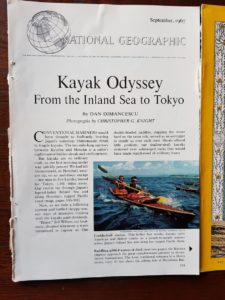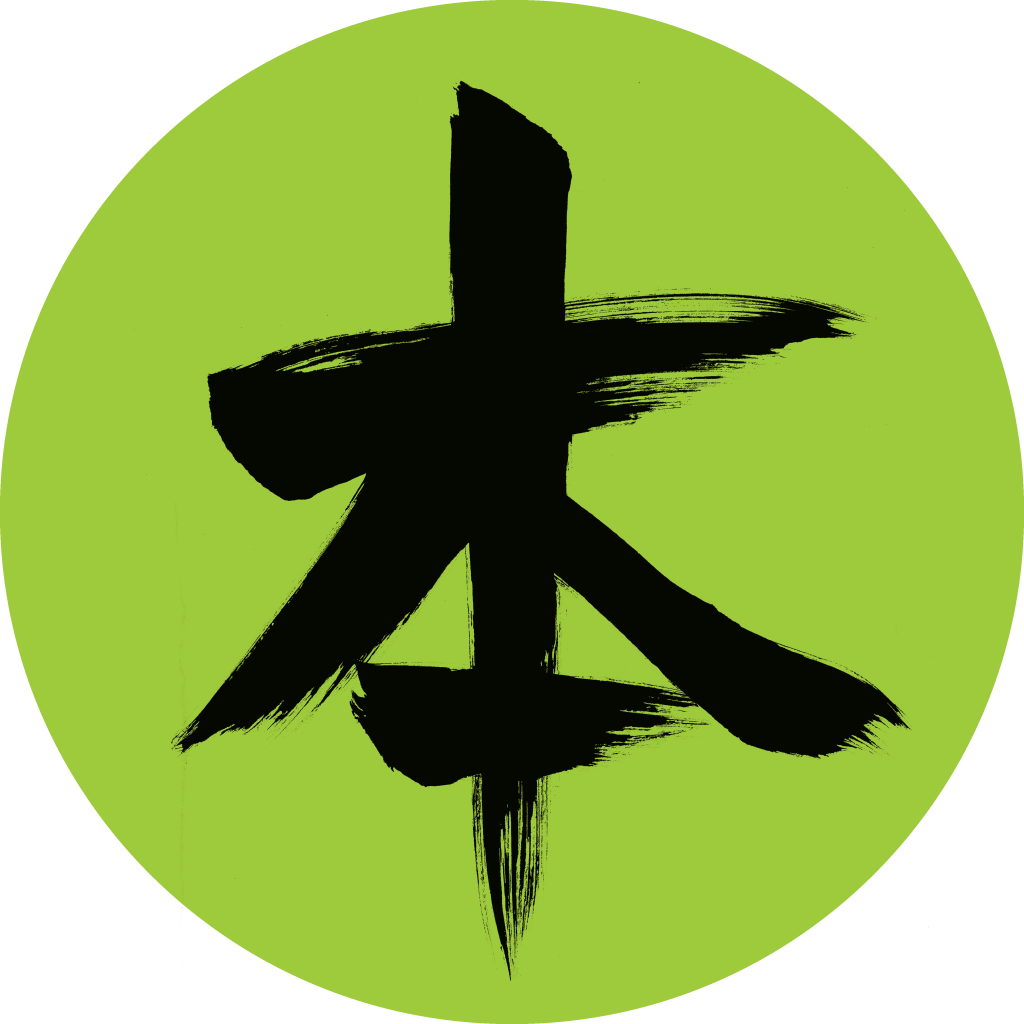In this episode of the “Hon” podcast, host Amy Chavez talks with William Scott Wilson, author and translator of over a dozen books on Japan and China. They briefly discuss a few of these including, Hagakure: The Book of the Samurai (by Yamamoto Tsunetomo), The Book of 5 Rings (by Miyamoto Musashi), and Cultivating Ch’i: A Samurai Physician’s Teachings on the Way of Health (by Kaibara Ekiken) before they zero in on the writing of Walking the Kiso Road. In this episode the author reveals a surprising fact about himself that we never knew before! (hint: If you like to kayak, you’ll definitely want to check this out). Show Notes available by clicking “more” below but be warned, they include spoilers.
Hon Podcast 5 Show Notes:
“Welcome to Hon, the BOA podcast, I’m Amy Chavez and this week we’re talking to writer and translator William Scott Wilson about his book Walking the Kiso Road. When Barry Lancet and I met to do Hon Podcast 4: Tokyo, Bill tagged along and expressed a desire to appear on the podcast, so I’m delighted to be able to feature his work in Hon Podcast 5: Hiking, Pilgrimages and Journeys in Japan. So this was an impromptu discussion among Barry, Bill and myself.”
Barry, a previous editor at Kodansha International and author of the Jim Brodie thriller series, introduces Bill and says he is primarily a writer of samurai topics. We discuss a few of his books briefly: The Lone Samurai: The Life of Miyamoto Musashi, Hagakure: The Book of the Samurai, The Book of 5 Rings, Cultivating Ch’i: A Samurai Physician’s Teachings on the Way of Health .
Bill talks about how he came to write Walking the Kiso Road, and reflects on his leisurely journey and the fact that he had walked the road several times before he wrote the book. We also talk about Shimazaki Tosan’s book, Before the Dawn (夜明け前 Yoakemae in Japanese) that takes place in the post town of Magome on the Kiso Road, where Shimazaki is from and where there now stands the Shimazaki Tosan museum.
It turns out that Bill and Amy had stayed overnight at the same Zen temple in Magome (she in 2017). She tells him she’ll send him the article she wrote about it called Eating my way through the Nakasendo’s Lower Kiso Road.
Later, Bill reveals that he once kayaked through the Seto Inland Sea to Tokyo, a distance of 1,200 miles, in 1967. We discuss whether his trip was before or after Donald Richie took his famed island-hopping trip through the Inland Sea. Although the book was first published in 1971, according to an article in The Japan Times, Mark Schilling wrote “what seems to be a single island-hopping trip from Kobe to Miyajima…..near Hiroshima, was actually based on journals Richie kept on repeated visits, starting in 1962.” So Bill’s kayak journey seems to have taken place in the middle of Richie’s series of island exploits via ferry.
Amy mentions she has sailed through the Inland Sea dozens of times which leads to a discussion of the maritime conditions of the Seto Inland Sea: typhoons, tides and whirlpools. You can read about Bill’s journey as featured in the September 1967 National Geographic at this link.
(Days later Amy looked through her stack of aging National Geographics and found the very issue!)


From here the conversation degenerates into the minutiae of invasive species in Florida (Bill lives in Miami), so you are spared the details! Bill’s eyes did light up for a moment, however, when Amy told him she ran the Shikoku Pilgrimage in 1998. “Ah!” he said, “So you’re the one who wrote that book! My wife is reading it right now. It’s on her night stand.” So, she says, “I feel we’ve come full circle here knowing that we’ve read each other’s books. Thanks for listening to Hon, the Books on Asia Podcast.”
***
If we’ve introduced you to some great books, please support Books on Asia by buying your books through our affiliate links! We are a volunteer endeavor so we rely on commissions from sites like Amazon, Apple Books, Barnes & Noble and Kobo to keep our website going. These affiliates offer paltry kickbacks of just cents per book, but it all adds up to help BOA help you find the best books on Japan and Asia! We’re hoping that through this method, we will not have to hit up our readers with annoying pleas and newsletters for donations! So thank you for buying your books through Books on Asia.
